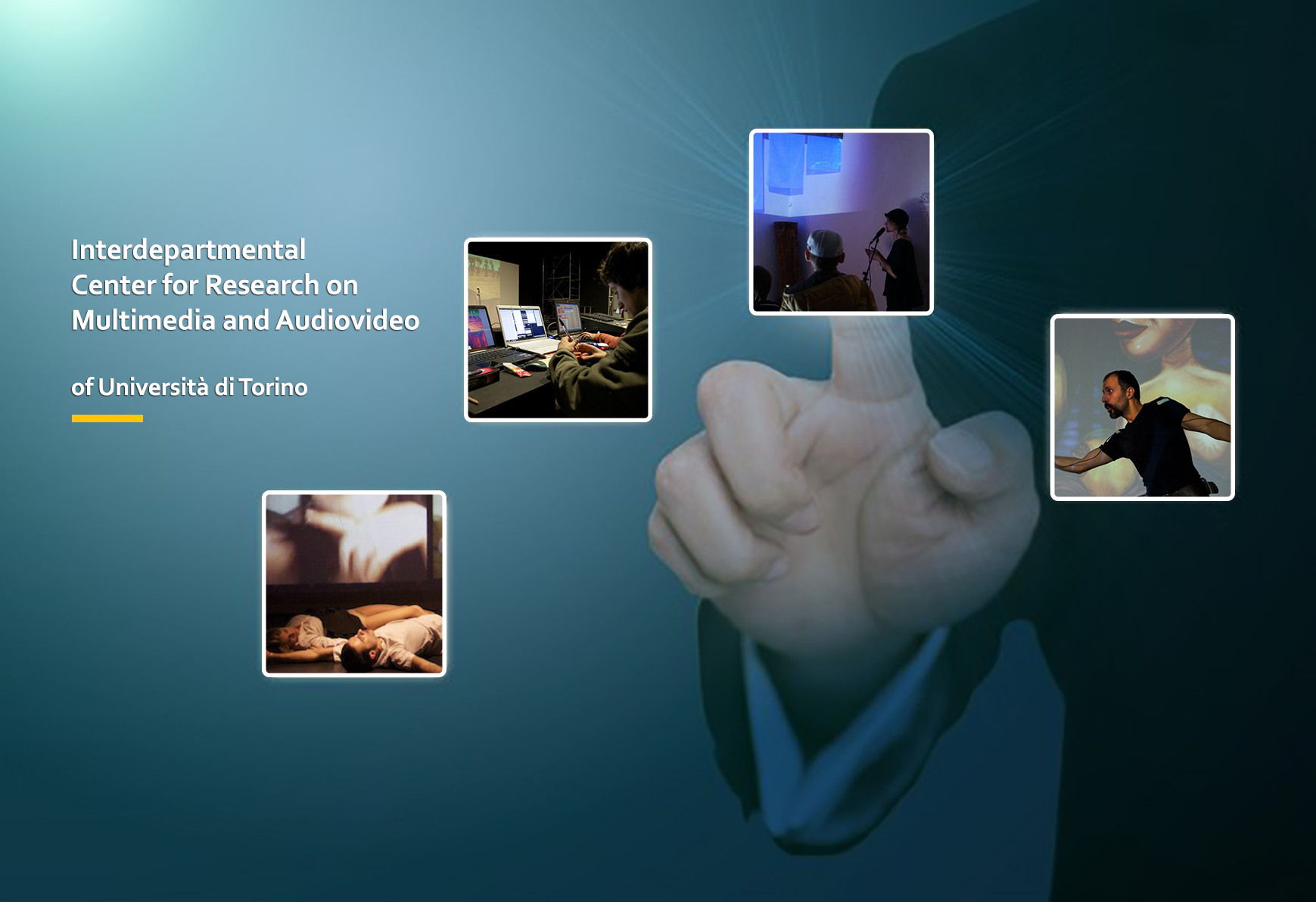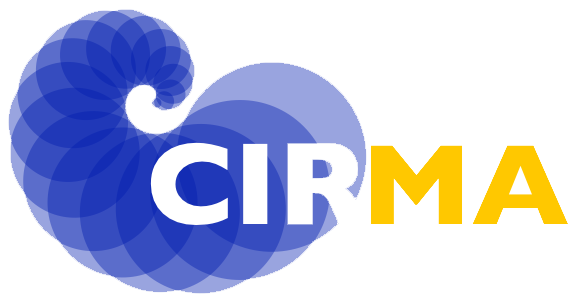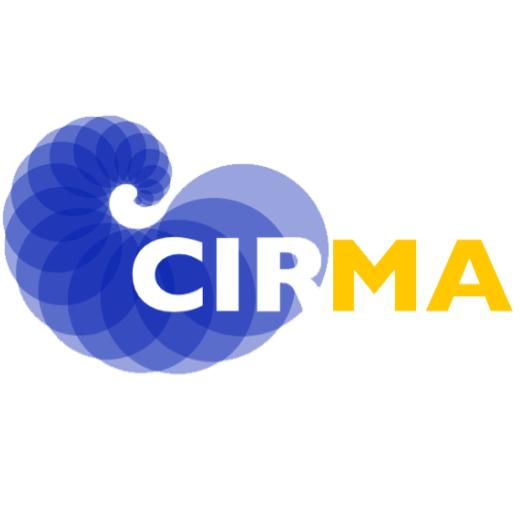The CIRMA is an interdepartmental center of the University of Turin involving teachers and researchers from the Department of Computer Science and the Department of Humanities.

CIRMA has developed various approaches to Digital Creativity and have proved to be a platform where artists and creatives may share ideas with scholars and researchers.
> More
CIRMA has structured a specific approach to Digital Cultural Heritage in the light o the formal representation of domain specific knowledge. Using semantic annotation and computer ontologies we try to bring forth a notion of “heritage” that applies to both tangible and intangible cultural heritage.
> More
The online access of cultural items has triggered a vast amount of research
on the machine-readable representation of such items. CIRMA address this task though the use of computational ontologies.
> More
The semantic analysis of drama is being addressed through formal tools of representation. This also provides the basis for the metadata annotation of dramatic items. CIRMA has created a formal language and annotation method called Drammar.
> More
Audio production for multimedia makes more and more usage of procedural methods
and sound libraries. CIRMA address sound design with an integrated approach of real time synthesis and interface with libraries.
> More
As creative content goes digital, the case is for distribution systems that are effective in the recommendation task. CIRMA pursues an approach that takes advantage of the intelligent representation of content and the modeling of users’ behaviors.
> More
Research in multimedia production cannot avoid the application of techniques to real cases. This is why CIRMA addresses the challenges of installations with real audiences.
> More
Today complex systems cannot reach designers, scholars in humanities, decision makers, and general audiences without effective visualizations of the content. Infographics and visualization techniques provide effective displays of knowledge and content. CIRMA addresses this task in the context and content types that characterize its domains.
> More
A number of multimedia artists and performers devise languages for designing and controlling their installations/performances. CIRMA carries on a research line about the formal languages and tools that can effectively address such task.
> More
The promotion of cultural heritage through digital means is more and more related to digital creativity. On-site installations and online web-based applications strongly contribute to the access of cultural heritage. They are careful mixes of artistic creations and respectful treatment of the heritage content.
> More






